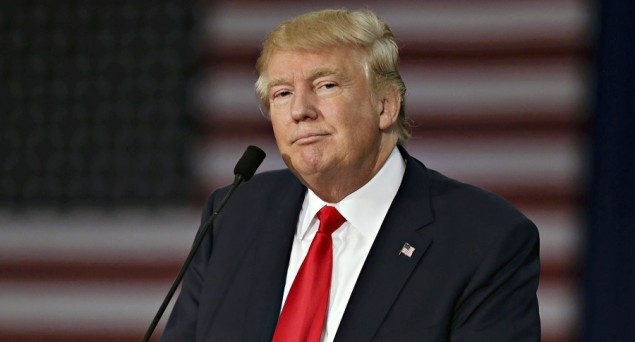IndiaTomorrow.net,
Paris, Feb 22: “Across the world, leaders and politicians wagered their future power on narratives of fear and disunity, pinning blame on the “other” for the real or manufactured grievances of the electorate,” said Amnesty International in its latest Annual Report 2016-17 released here today.
Already facing harsh criticism for his immigration policy particularly visa ban on certain Muslim nations, US President Donald Trump has been singled out by the human rights watchdog for his ‘poisonous campaign rhetoric’.
“Donald Trump’s poisonous campaign rhetoric exemplifies a global trend towards angrier and more divisive politics,” said Amnesty.
On the political stage in the year 2016, “perhaps the most prominent of many seismic events was the election of Donald Trump as President of the USA. His election followed a campaign during which he frequently made deeply divisive statements marked by misogyny and xenophobia, and pledged to roll back established civil liberties and introduce policies which would be profoundly inimical to human rights,” said rights group in the report.
Amnesty said Trump’s foreign policy will usher in a new era of instability and mutual suspicion.
…the early indications from President-Elect Trump suggest a foreign policy that will significantly undermine multilateral co-operation and usher in a new era of greater instability and mutual suspicion,” said the report.
Crackdowns on dissent in various countries
Amnesty has also denounced crackdowns on dissent in various parts of the world.
“No part of the world was untouched by sweeping crackdowns on dissent – some overt and violent, others subtler and veiled in respectability. The quest to silence critical voices surged in its scale and intensity across large parts of the world.”
“In the wake of a coup attempt in July, Turkey escalated its crackdown on dissenting voices during a state of emergency. More than 90,000 public sector employees were dismissed on grounds of alleged “links to a terrorist organization or threat to national security”, while some 118 journalists were held in pre-trial detention and 184 media outlets were arbitrarily and permanently closed down,” said Amnesty.
Across the Middle East and North Africa, it said, repression of dissent was endemic.
“In Egypt, security forces arbitrarily arrested, forcibly disappeared and tortured alleged supporters of the banned Muslim Brotherhood organization, as well as other critics and opponents of the government. Bahraini authorities ruthlessly prosecuted critics on a range of national security charges. In Iran, the authorities imprisoned critics, censored all media and adopted a new law that made virtually any criticism of the government and its policies liable to criminal prosecution. In North Korea, the government furthered its already extreme repression by tightening its stranglehold on communications technology,” said Amnesty.





